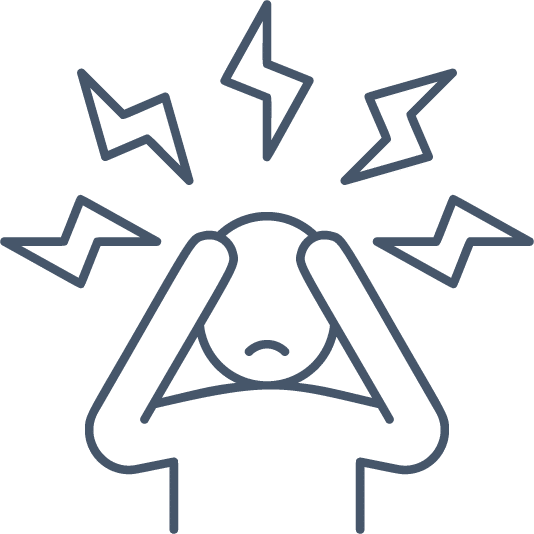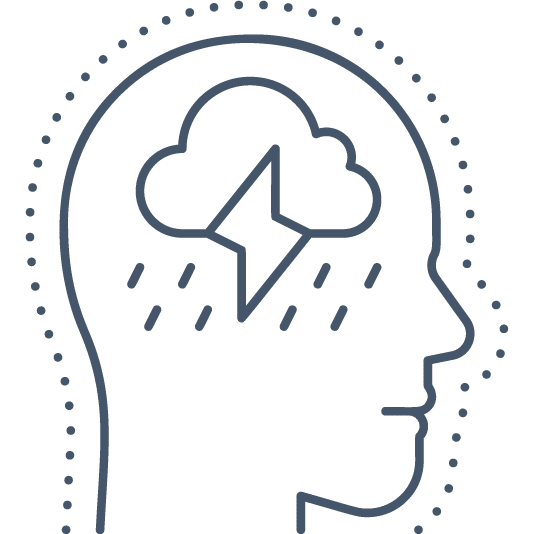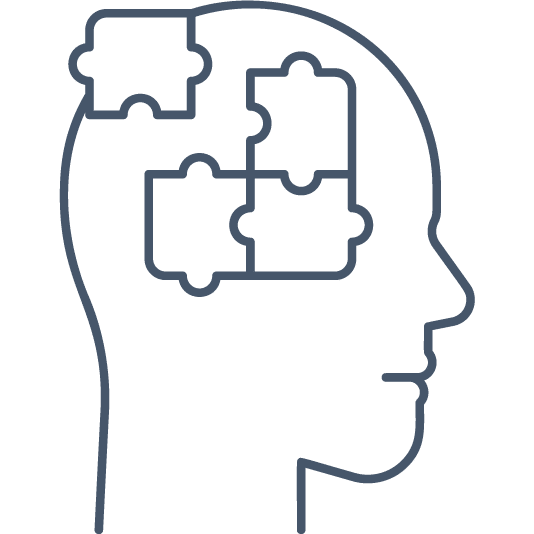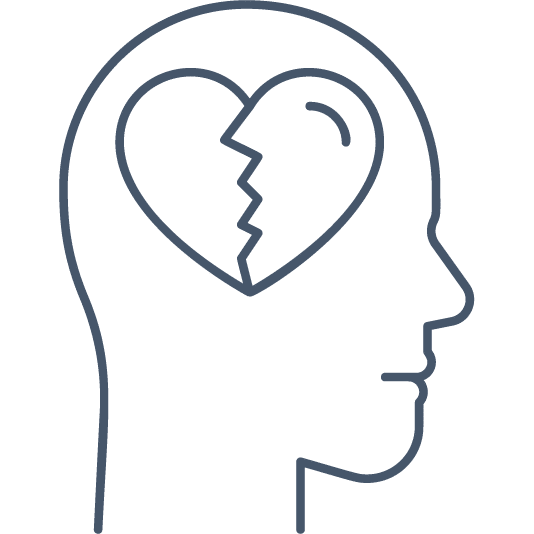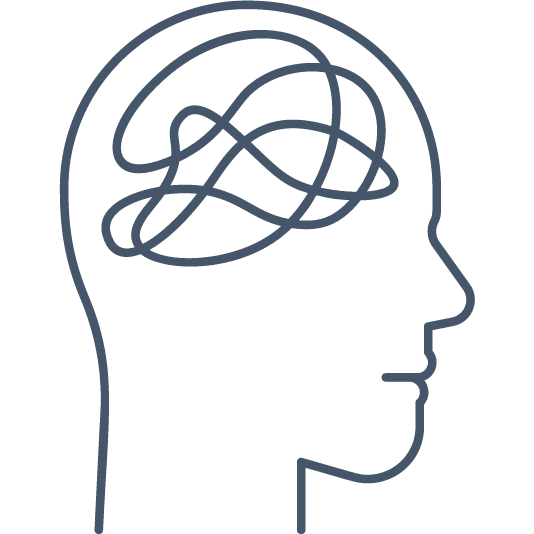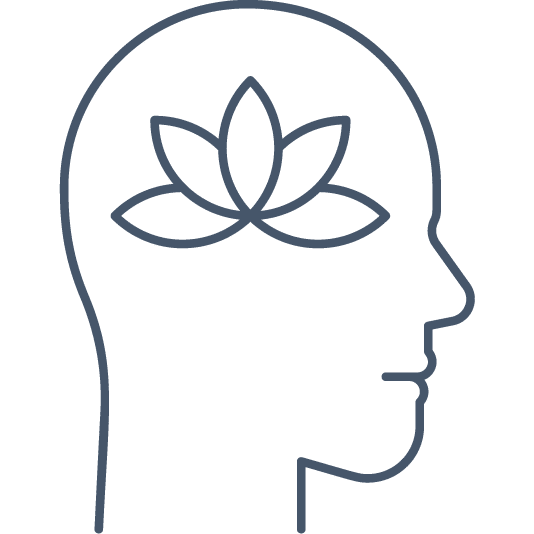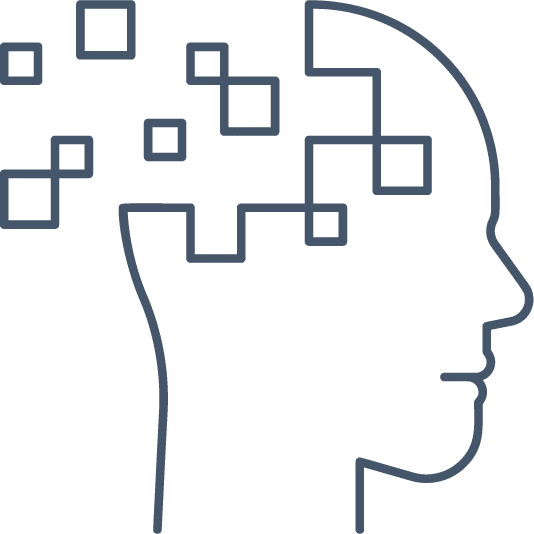Traning your brain could change your life!
Anxiety | Depression | Sleep problems | Attention deficit | Concussion
We can help you reduce these problems for good by training your brain.
Traning your brain could change your life!
Anxiety | Depression | Sleep problems | Attention deficit | Concussion
We can help you reduce these problems for good by training your brain.
Since its establishment in 2012, Neuroperforma has been offering neurofeedback services to clients seeking a non-medical and non-invasive alternative to enhance their emotional and psychological well-being.
Our primary goal is to assist our clients in reducing symptoms of depression, ADHD, and anxiety, while also improving their cognitive performance, focus, and emotional management. Thanks to advanced neurotechnologies, we are capable of accurately assessing brain activity using an approach called QEEG (Quantitative Electroencephalogram). This assessment allows us to offer our clients personalized neurofeedback programs, designed to help them achieve a better quality of life.
What is Neurofeedback?
Neurofeedback is a brain training technique that has been used for over 50 years. With the appearance of more efficient devices, the results are even more effective in reducing anxiety, depression, sleep disorders, attention difficulties and many others.
Effective, long-lasting results without medication! Over the past 10 years, we’ve helped more than 10,000 people regain their quality of life! Thanks to the latest generation of 19-electrode neurofeedback equipment, we can accelerate results while working in greater depth.
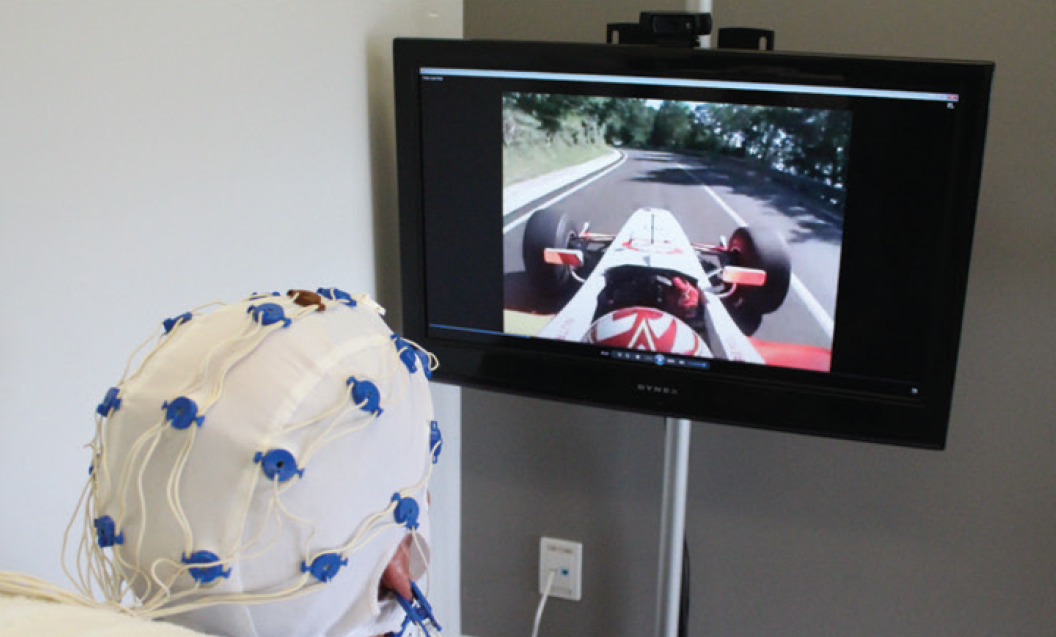
clients
say…
My son is so much less impulsive at school and at home.
I am less stressed. I am more focused, less tired mentally. I recommend these trainings to everyone!
Better concentration. More focused and better ability to multitask. I am also more patient and have more control over my mood.
I noticed a decrease in stress in Lea at night before her bedtime. She wakes up less during the night and sleeps better.
We noticed a significant improvement in our son’s anxiety. We have a better understanding in the way we communicate. He feels less angry and stressed than before. Therefore, he feels much better in class.
Le trouble du déficit de l’attention avec ou sans hyperactivité (TDA/TDAH) est une condition neurodéveloppementale complexe qui toucherait 5 à 8 % des enfants. Il peut être décrit par une panoplie de symptômes liés à des dysfonctions ou à une pauvre maturation des lobes frontaux.

While anxiety disorders can vary greatly, each presents particular symptoms. This condition significantly impacts both your emotional and physical well-being.
Separation Anxiety Disorder
This disorder is characterized by crises occurring during separation. Children become fixated on reunions and may develop symptoms such as headaches or stomachaches when they occur.
Generalized Anxiety Disorder
Accompanied by symptoms like restlessness, nervousness, fatigue, muscle tension, and sleep disturbances, generalized anxiety disorder is induced by excessive worries related to everyday events or activities. For example, work responsibilities, family health, etc. Individuals with generalized anxiety have difficulty controlling their worries and preventing their distressing thoughts from interfering with daily activities.
Specific Phobias
Specific phobias are pervasive anxiety disorders. The most common include fear of animals, heights, blood, claustrophobia, etc. A person with a particular phobia experiences marked anxiety in response to the feared situation and tends to avoid such situations.
Social Anxiety Disorder
Presented as a fear of certain social situations, this anxiety disorder makes the affected person apprehensive, worrying about their every move in a social context. Among the conditions that can trigger social anxiety disorder are public speaking, meeting strangers, paying for items in stores, etc.
Panic Disorder
A panic attack involves the onset of discomfort accompanied by physical symptoms such as shortness of breath, nausea, trembling, hot flashes, a lump in the throat, etc. Additionally, people often feel like they are having a heart attack or are about to die. Panic disorder manifests through repetitive and unpredictable panic attacks (unexpected and spontaneous).
Agoraphobia
An anxiety disorder characterized by fear in certain places and situations that the person perceives as difficult to escape, such as open spaces and public transportation. This condition is often associated with panic disorder. Agoraphobia can lead to fear of leaving home, standing in line, or sitting in a classroom. Agoraphobia can develop in response to panic attacks.
Diagnostic Assessment
A physician or psychologist should conduct a diagnostic assessment to ensure a proper understanding of your symptoms. During the consultation with the healthcare professional, the child or adult should discuss their difficulties, the intensity of their experiences, and their frequency. They should also explain how these symptoms affect their daily lives.
The physician or psychologist investigates the causes and risk factors during the session. This assessment, essential for making the correct diagnosis, is necessary to identify the anxiety disorder you are experiencing and to inform you about your condition and its management.
At Neuroperforma, we are qualified to evaluate your symptoms and determine your recovery goals. Our specialists can measure your brain activity using quantitative electroencephalography (qEEG). Some dysfunctions in brain activity are associated with anxiety symptoms, and this will enable us to offer solutions to improve your condition with neurofeedback. Note that Neuroperforma does not conduct diagnostic examinations.
The most common treatment is medication and psychotherapy. In this case, you have prescribed medication and undergo cognitive-behavioral therapy.
There are several, such as generalized anxiety disorder, panic disorder, specific phobias, or agoraphobia. Social anxiety disorder and separation anxiety disorder may also be among other anxiety disorders.
Among the best options are breathing exercises and engaging in activities such as meditation, yoga, or sports. You can also visit our clinics for neurofeedback training.
Stress management improves quality of life and physical health, helps regulate mood, and provides patients with a sense of peace.
Anxiety disorders can disrupt life in familial, educational, or professional settings, as well as socially.
Anxiety is the anticipation of a future, sometimes imagined threat accompanied by unpleasant feelings and sensations. On the other hand, stress is a normal physiological response induced by the body when disturbed by a stressor or real danger.


